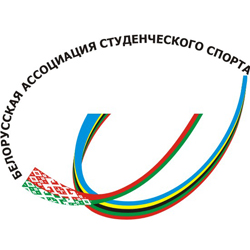IN THE REPUBLIC OF BELARUS THERE IS AN INCREASE IN OFFENCES COMMITTED THROUGH THE USE OF INFORMATION AND COMMUNICATION TECHNOLOGIES
- Подробности
- Опубликовано 10.09.2024 13:46
In the course of correspondence, posing as a manager, the perpetrator provides fictitious information about the fact that the employee was interested in law enforcement officers (names the details of these “officers”) and insists on maintaining the confidentiality of the fact of communication. This psychological technique in a number of cases reduces the level of critical assessment by the citizen of the subsequent actions of criminals, ensuring the unconditional fulfilment of instructions received from them.
Next, the citizen receives calls via messengers or telephone calls from alleged law enforcement officers and banking institutions, in some cases with the demonstration via messengers of photos of fake official IDs. During the conversation, the pseudo-officers persuade to perform certain actions, including the transfer of funds under various fraudulent pretexts.
Such pretexts for committing embezzlement of funds may include:
- Participation in a special operation to catch ‘criminals’ who are allegedly trying to steal money using the citizen's accounts or on his behalf;
- the presence of information about alleged criminal financial transactions by the citizen, in order to remove suspicion of which it is necessary to perform the required actions;
- planned search of the citizen's place of residence in order to identify and seize undeclared cash.
Having convinced the employee of the institution of the legitimacy of his/her actions, the caller offers to transfer cash to the intermediary or deposit it to bank accounts specified by him/her; transfer funds from bank accounts, including by issuing loans in his/her name for this purpose; provide details of his/her bank cards, authentication data for access to bank accounts, codes from received sms-messages, etc.
In connection with the above, we recommend:
- when receiving such messages in messengers, to check whether the corresponding account belongs to the person whose name the account is named after and (or) whose photo image is present in the profile;
- verify the truthfulness of messages received on behalf of the head of the institution, including through personal communication with the persons on whose behalf such messages were received;
- not to disclose to anyone the details of bank cards, authentication data for access to bank accounts, or the content of sms-messages received on personal subscriber numbers;
- immediately inform the heads of educational institutions about the identified attempts to take measures to prevent such actions and law enforcement agencies to respond.

























































